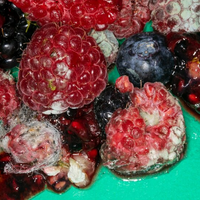Post
- Post
“neophobia (fear of the new) and neophilia (love of the new)
Rozin’s contention that all forms of disgust grew from our revulsion at the prospect of ingesting substances that we shouldn’t, like worms or feces.
A brief moment of contact with an offensive — but not technically harmful — object had ruined it.
Disgust was unlike the other three responses in one peculiar fashion: It could be motivated primarily by ideational factors — by what a person knew, or thought she knew, about the object at hand.
One is the law of contagion, or “Once in contact, always in contact.”
second is the law of similarity, or “Things that appear similar are similar. Appearance equals reality.”
I hadn’t really thought about disgust,” Haidt told me over the phone. “But when I started reading ethnographies, I saw they almost all had purity and pollution norms.
The best bulwark against disgust — the only bulwark against so much of life’s wretchedness — is, in the end, denial.”
